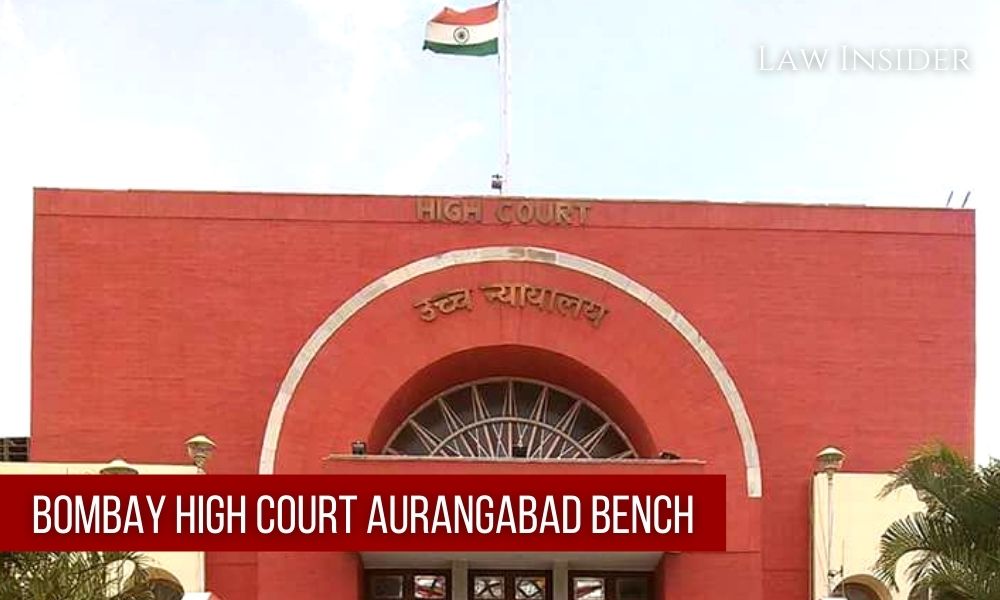Bhuvana Marni
Published on: October 3, 2022 at 18:41 IST
According to a decision made by the Bombay High Court‘s Aurangabad division, even though an appeal against the divorce judgment is still ongoing, a woman who vacates the marital house before getting a divorce is not eligible to subsequently claim a “Right to Residence” under the Protection of Women from Domestic Violence Act, 2005 (DV Act).
The lower court ruling that a lady was issued allowing her to live in her in-laws’ home and affording her access to the home’s power, bathroom, and other amenities was overturned by Justice Sandipkumar More, a single-judge.
According to the judge, the right to residency is granted by Section 17 of the Domestic Violence Act, but only if the woman stays in the joint household after the divorce.
Justice More noted that Section 17 of the DV Act allows the right to residence, but the same is only true when the woman continues to reside in the shared household before the divorce.
“As such, the divorced wife cannot resort to the earlier residence order when her marriage with her husband has been dissolved by a divorce decree passed by the court having proper jurisdiction and especially when she had already left their shared household four years ago.”
“Under the circumstances, she is not even entitled to the relief of restraining dispossession since she is not in possession of the shared household,” the bench opined.
“Mere pendency of an appeal will not come in the way of the present applicants challenging the order passed by the magistrate,” Justice More added.
The divorced woman was permitted to continue living in the matrimonial home, which was owned by her now estranged father-in-law, under the terms of a Magistrate’s orders.
The in-laws were contesting those orders in a revision application that was being heard by the court.
In a thorough ruling issued on July 10, 2018, the in-laws emphasised that a family court had terminated their son’s marriage to his ex-wife.
In addition, they noted that the High Court is now hearing an appeal that the wife filed to contest the said order.
Given that the marriage was dissolved, they said, the wife was not entitled to seek the right to stay there, especially given that she had moved out of their marital home months before the divorce judgement was granted.
The attorney for the divorced wife said that the appeal she filed to contest the divorce order because it was acquired fraudulently is still being considered.
The bench observed that the wife had moved out of the marital home well before the divorce.
Additionally, it was observed that the wife was unable to present any documentation to support her claim that the husband or in-laws had forcibly ejected her from the marital home.
According to the High Court, the mere possibility of an appeal would not prevent the current petitioners from contesting the Magistrate’s order.
“Therefore, I come to the conclusion that she being a divorced wife, is not entitled to claim residence order or implementation of earlier residence order in the light of changed circumstances i.e. after her subsequent divorce for occupying the shared household after leaving the same long back and prior to her divorce.”
“I am of the opinion that the Magistrate has definitely erred in directing the applicants to provide one room to her in the shared household,” the bench held.

